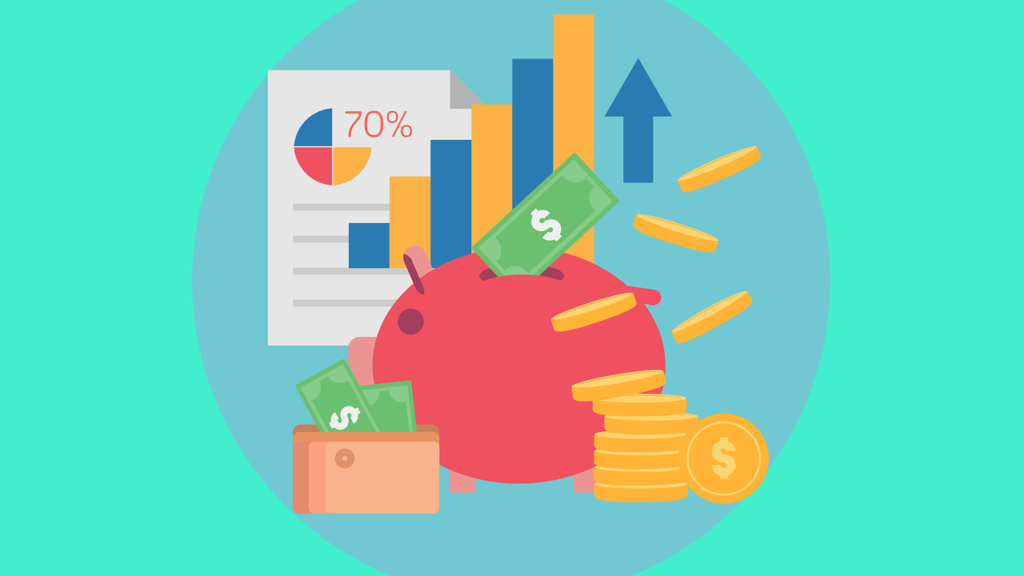
Buying travel money online?
Buying travel money online?
This guide is from which – https://www.which.co.uk/reviews/travel-money/article/travel-money/buying-travel-money-online-aOob46D4ocHZ
Buying travel money online is an increasingly popular way to get hold of foreign currency – and this is partly thanks to the competitive money exchange rates the web has to offer.
Many banks and supermarkets, as well as traditional foreign exchange destinations such as Travelex and the Post Office, now offer online currency exchange services – and their best rates are often reserved for customers who order travel money from them over the internet.
If you’ve never exchanged currency online before, are unsure of how it works or have concerns about whether the process is secure, our six-step guide will explain how to get a great deal.
1. Compare the overall cost of exchanging your currency
As with buying foreign currency on the high street, it pays to compare a variety of deals before parting with your money on the web. It’s easier to compare the money exchange rates on offer from different websites than it is to ring around different bureaux de change – but remember you mustn’t consider rates alone.
Before making a decision about where to exchange your money, work out the total cost of your transaction, taking into account any delivery or handling fees you may have to pay. The simple way to do this is to look at how many units of foreign currency you will get from each provider in return for the sum in pounds sterling you want to exchange.
Be aware there are ways companies use to increase charges that could make your transaction more expensive, explained below.
2. Check minimum currency exchange rules
Some online currency outlets require that you reach a minimum order threshold before you can exchange your money. Therefore, if you’re only looking to change a small sum, a web-based currency service may not be for you.
More commonly, foreign currency websites require that customers exchange a minimum sum in order to qualify for free delivery and handling.
If you won’t be ordering enough foreign cash to qualify for the waiver of handling and delivery fees, be sure to factor these charges into your calculation of how much your currency exchange will cost overall.
3. Watch out for foreign currency handling and delivery fees
Handling and delivery fees are typically around £5 per transaction, depending on where you order your currency from.
It could be that even if there is no way to sidestep these charges they are still worth paying; it’s a matter of working out whether the total cost of your currency transaction, taking into account the money exchange rate, is still lower than it would be if you bought your currency on the high street.
Some travel money firms – such as the Post Office – make it easy for their customers to benefit from online exchange rates with no need to worry about the cost of currency delivery. These companies allow you to order your currency on their websites and then collect your cash in store or at the airport.
4. Consider security when buying currency online
You may be worried about whether buying foreign currency online is secure, but there are safeguards in place. For instance, some providers will telephone customers after orders for currency had been placed to verify their identity.
All the foreign currency exchange firms we investigated required any money delivered to be signed for on receipt, and most will not deliver to any address apart from a customer’s home.
It is also worth considering the track record of the company you are using. The foreign exchange market is unregulated, meaning that if your provider goes bust, you may not get your money back.
As with buying any goods or service online, be vigilant when paying for foreign currency over the internet.
5. Know when your foreign currency is due for delivery
Most money exchange websites offer delivery within one or two working days after you place your order – but the fact that any travel money you order online will need to be signed for means someone will need to be in when it arrives.
If no one is available when your foreign currency is delivered, it’s likely you will need to organise re-delivery or collect your money from a Post Office or depot. This is an inconvenience you’re unlikely to need in the run-up to your holiday!
6. Avoid paying credit card charges for currency exchange
Finally, if you’re ordering travel money for delivery straight to your door you will need to pay for it with a debit or credit card – and picking the wrong plastic could eat up any savings you’ve made by buying your currency online.
If you pay for your currency using a credit card, it’s likely you’ll have to pay a cash advance fee of around 3%. In addition, you’ll probably be charged interest on your payment from the moment it is made – and at an inflated APR of up to 30%.
This is because foreign currency transactions are treated in a similar way to withdrawing cash on your credit card – an expensive move that Which? experts would always advise against.
For these reasons, it makes sense to use a debit card when paying for any foreign currency you intend to have delivered. Some banks impose fees of up to 2% when you buy travel money using your debit card, but others – including First Direct, Nationwide and HSBC – don’t. Check with your current account provider if you aren’t sure.
7. A word of warning
Foreign exchange is not a regulated service so there is no protection for your money if the online currency provider goes bust, meaning you might not get your money back. One of the problems is that these firms say on their websites that they are FCA ‘registered’, which is reassuring to consumers but doesn’t actually provide them with any protection.
Unlike regulated firms, there is no requirement for the FCA to check whether people running the registered institution are ‘fit and proper’ only that they have not been convicted of a financial crime, or been involved in money laundering or terrorist financing. This can affect not only holidaymakers, but also business travellers.
Be safe when carrying foreign currency
Don’t forget: consider safety when carrying foreign currency around with you and storing it at your holiday accommodation. Never take more out with you than would be covered under your travel insurance policy if it was lost or stolen, consider keeping it in a money belt and ensure whatever cash you’re leaving at your hotel room or apartment is stored in a safe.


